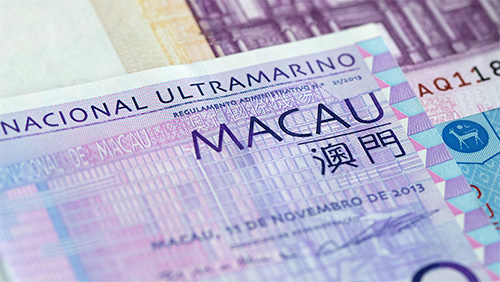According to information released by Macau’s Financial Intelligence Office (FIO) this past Monday, the city’s financial environment appears to be cleaner now than it was last year. Over the first quarter of 2019, the FIO received a total of 507 suspicious transaction reports (STR) from casinos and gaming operations, which represents a 6.7% decline from the 541 seen during the same quarter in 2018.
The FIO added that the total number of reports, from all sources in the city, reached 699, which was a massive 30% drop from the 909 seen during the first quarter last year. It stated that the decrease comes from fewer reports submitted from the non-gaming sector financial institutions, which includes insurance and other companies. These made 169 reports in the first quarter, compared to the 235 they submitted during the first three months of last year, for a decrease of 39.1%.
Under a category heading of “Other” that isn’t defined by the FIO, there were 23 reports made during the quarter. This was a decrease of 110 from the 133 seen a year earlier.
The news comes at the same time that the U.S. State Department, through its Bureau of International Narcotics and Law Enforcement Affairs (INLEA), released a report stating that Macau remains a “major money-laundering jurisdiction) because of casino-related loopholes. Macau maintains a required STR threshold of about $62,500, but has implemented other anti-money laundering policies designed to thwart illicit financial activity. The U.S. has tried to convince the city to lower the threshold to $3,000 to put Macau in line with what that country says are international standards. In the U.S., the threshold is $5,000.
